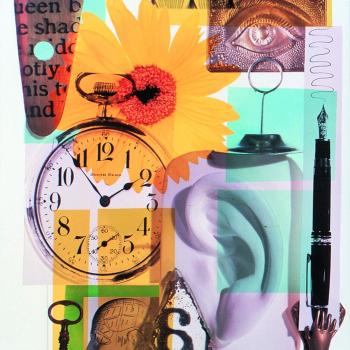Book
Literary Terms: A Practical Glossary

Grades
9 - 12
Type
Book
Pages
177
Published
November 1999
Publisher
NCTE
Get this book
Description
Literary Terms: A Practical Glossary provides up-to-date definitions, drawing on recent developments in literary theory and emphasizing the role of reading practices in the reproduction of literary meanings. Unlike other glossaries, it includes brief activities to help students develop a working knowledge of the concepts.